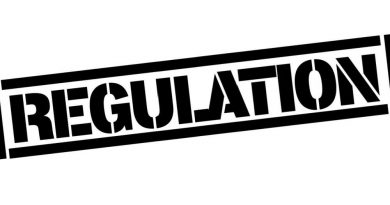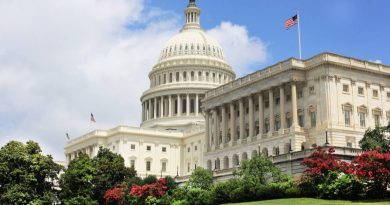Cannabis Enjoyed By More Than Half of Americans in 2022
As Americans celebrated the 420 holiday in April, many publications and pontificators took the time to discuss the state of affairs when it comes to cannabis legalization. As things now stand, about 155 million Americans now live where recreational cannabis is legal, while only 11 states do not have some type of legal medical marijuana program.
Rolling Stone recently provided an overview of cannabis legalization across the country, calling it the United States of Weed. The magazine voiced optimism about the chances for federal legalization.
“It’s now a question of when, not if, politicians in Washington, D.C., will get with the program and decide to do what the majority of Americans support by passing legislation to end federal prohibition once and for all,” according to Rolling Stone.
Currently, legalization efforts in Congress look to be blocked by the Republican-led House of Representatives.
Amazing Growth Since 2012
Colorado and Washington got the legalization ball rolling a decade ago when voters in both states approved referendums allowing legal recreational marijuana sales. Today, 22 states and the District of Columbia have approved legal sale of adult-use cannabis, while 39 states have a legal medical marijuana program.
Among the other 11 states, Texas, Kansas, Tennessee, North Carolina, and Georgia have programs that allow medical patients to use low-dose THC products, essentially CBD. Another six have no medical marijuana laws: Idaho, Wyoming, Nebraska, Wisconsin, Indiana, and South Carolina.
The Arguments That Won the Day in the Cannabis Debate
Some people wanted cannabis legal and had waited for years to vote that way. Others looked for good reasons to change laws against marijuana use that had been on the books in some places since the 1930s and at the federal level since the 1970s.
Some of the arguments that won people over to legalization, and continue to do so, include the following.
Medical benefits. Cannabis has been shown to have potential medical benefits for a range of conditions, including chronic pain, nausea, seizures, and anxiety. Legalization allows patients to access these benefits without fear of legal consequences.
Economic benefits. Legalizing cannabis generates significant tax revenue for governments, as well as create jobs in the legal cannabis industry.
Reducing crime. Legalization reduces the number of people who are jailed for nonviolent drug offenses, freeing up law enforcement to focus on more serious crimes.
Personal freedom. Adults should have the right to make their own choices about what they put into their bodies, as long as it doesn’t harm others. Criminalizing cannabis use infringes upon personal freedom.
Safety and quality control. Legalization allows for regulation and quality control of the cannabis supply, reducing the risk of contaminated or dangerous products.
Racial justice. The criminalization of cannabis has been disproportionately enforced against people of color, contributing to racial injustice in the criminal justice system. Legalization helps to address that issue.
Expect debates on these points to continue as the legalization movement spreads to more states in the coming years. And, eventually, as Rolling Stone predicts, in the halls of Congress.




